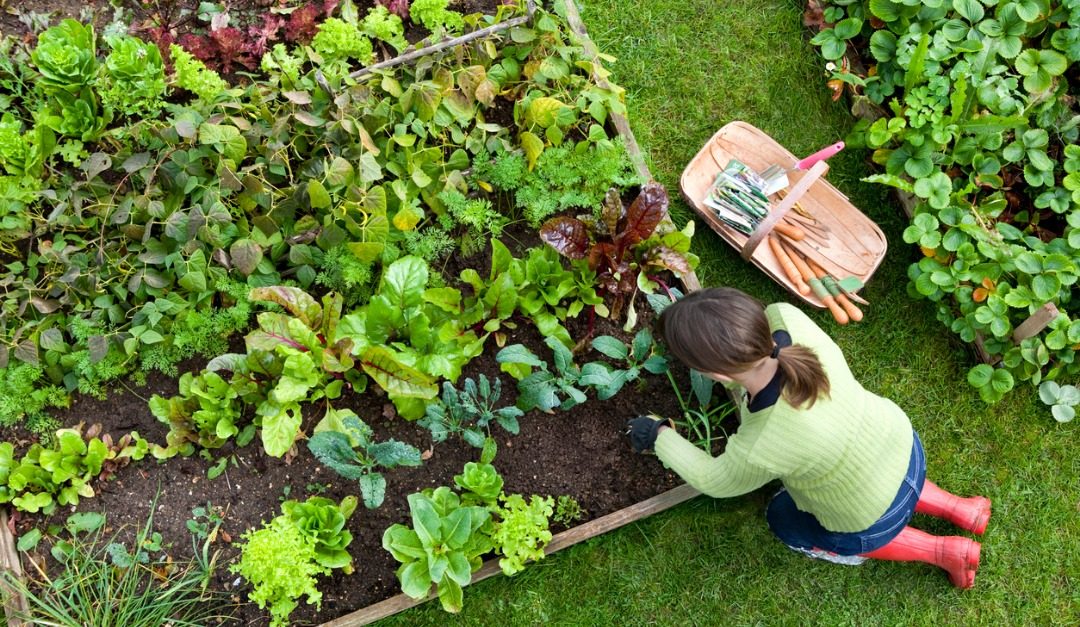For various reasons, luxury homeowners have increasingly shown interest in properties that are self-sufficient and able to run entirely off the grid. This could be out of a desire to lower their environmental impact with a home that’s carbon neutral, or perhaps they simply want the peace of mind that comes with being prepared in times of uncertainty. Regardless of motivations, here are few things to know about designing your own self-sufficient home.
Alternative Energy Source
Your energy source, of course, is a top priority. Solar panels are probably the most common method for powering an off-grid home, but other options include wind and hydropower, depending on where you live. If your home is able to produce a surplus of energy, then installing a Tesla Powerwall is the perfect way to store it.
Well Water
Next, you’ll need to figure out your water source, which usually requires drilling a well and installing a pump. In order to ensure the water is drinkable, you’ll most likely want to invest in a purification system, as well. Fortunately, the technology exists today to run these systems on solar power.
Passive Design
Architecture plays an important role in creating a truly self-sufficient home. Ideally, it will be positioned to capture solar heat from direct sunlight in the winter, while benefiting from shade in the summer. Other important factors that help to regulate the climate inside of a home without having to rely on traditional heating and cooling systems include proper ventilation, insulation and air sealing.
Vegetable Garden
Last, if you want your home to truly support going off the grid, then a vegetable garden is an essential feature. After all, nothing beats the feeling of self-reliance that comes with growing your own food and, if you’d like the freedom to do so all year-round, then you may want to consider having a greenhouse built on the property.




